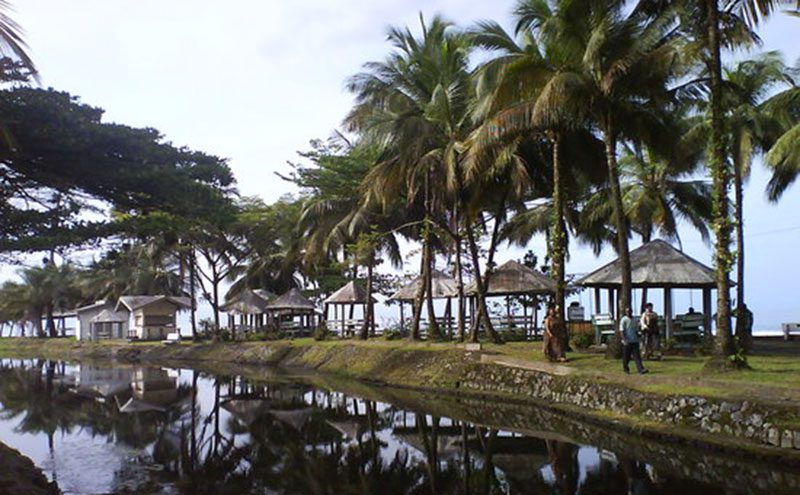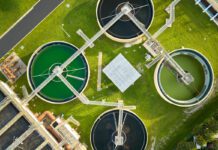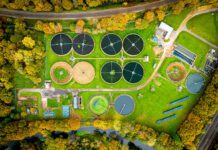
Suez has won the contract to modernise and extend the effluent treatment plant at the refinery of the National Refining Company (SO.NA.RA) in Limbé, Cameroon. This contract, won in consortium with Sogea Satom and Ingenica, is worth a total of e22 million of which the French resource recovery firm has a share of about e6 million. It is the Group’s first venture in treating effluents from the refining industry in sub-Saharan Africa.
Water is a resource that is consumed in great quantities in the oil industry, particularly during the refining process. The contract won by Suez will make significant improvements to the quality of the treated effluents before they are discharged into the natural environment, thus helping to limit the SO.NA.RA refinery’s environmental impact. Ensuring these effluents are treated optimally is a key issue for Limbé, one of Cameroon’s beach resorts, in order to protect the coastline and enhance the region’s attractiveness.
SO.NA.RA’s site – the only refinery in Cameroon – is 82% owned by the government, and produces almost 2 million tonnes of refined hydrocarbons per year. Suez will equip the plant with POSEIDON™ technology, an innovative solution which has an excellent reputation for pre-treating effluent using flotation in the refinery. This technology has already been used successfully notably by Valero Energy, Chevron, Exxon Mobil, Shell, Husky Energy and Suncor Energy, for which plants with capacity ranging from 3000 m3/day to more than 100,000 m3/day have been set up. The consortium will also build a storm basin with a capacity of 18,500 m3 to collect polluted rainwater before treating it, preventing surface run-off of water containing high levels of hydrocarbons. The modernisation of the plant, which will be finalised in September 2018, will have a daily treatment capacity of 9,600 m3 of industrial water and rainwater.
Suez is an expert in the treatment of effluent from the refining and petrochemical industry. In the Netherlands, BP has chosen it to build and manage an effluent treatment plant in Rotterdam, with a capacity of 13,200 m3 of effluent per day. In North Africa, Suez provided the equipment for the effluent treatment line at the Sonatrach refinery in Algiers. The latter is an initial venture that provides a means of anticipating the risks of industrial pollution in the Gulf of Guinea.







